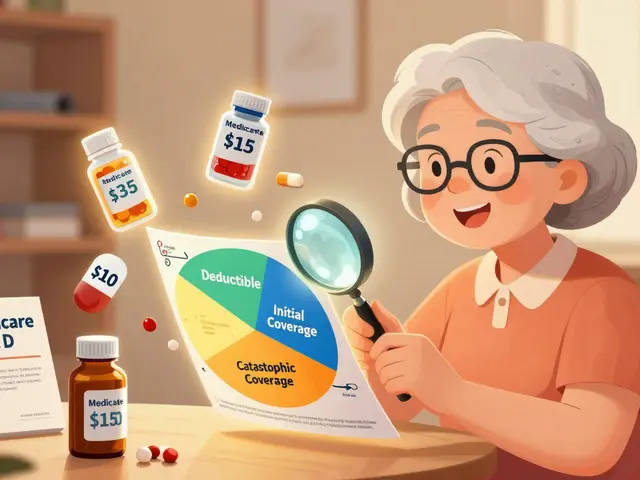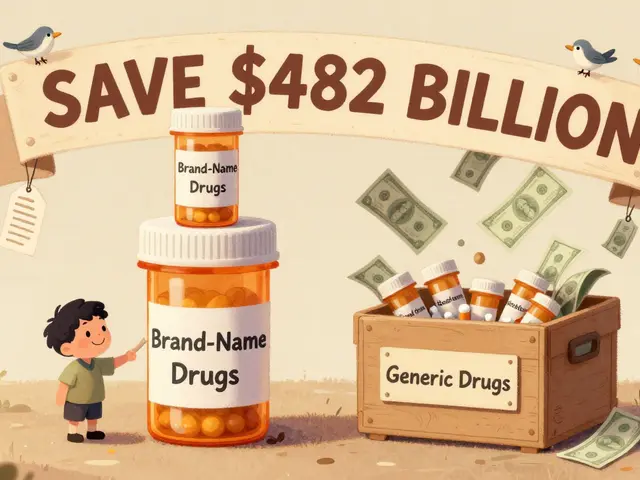
Vitamin B12: What It Does and How to Get Enough
If you often feel tired, have brain fog, or notice tingling in your hands, vitamin B12 could be part of the problem. This tiny nutrient plays a big role in keeping your blood, nerves, and DNA working right. The good news? Most people can fix low B12 with diet changes or simple supplements.
Inside your body, B12 helps make red blood cells that carry oxygen around. It also supports myelin – the protective coating on nerves – so signals travel smoothly. Without enough of it, you might feel weak, forgetful, or get a sore tongue. In severe cases, doctors call it megaloblastic anemia because the red cells become unusually large.
Top Food Sources of Vitamin B12
The easiest way to boost B12 is through food. Animal products are packed with it: beef liver, clams, salmon, and chicken are all strong choices. Dairy lovers can get a good hit from milk, cheese, and yogurt. If you’re vegan or vegetarian, look for fortified plant milks, breakfast cereals, or nutritional yeast that has B12 added. Some mushrooms grown on B12‑rich soil also contain small amounts.
Signs You Might Be Low on B12
Spotting a deficiency early can save you from bigger issues. Common clues include constant fatigue, shortness of breath during light activity, and feeling dizzy. Nerve problems show up as numbness or tingling in feet and hands. Mood swings, depression, or difficulty concentrating are also red flags. If you notice any of these, consider getting a blood test.
People most at risk are vegans, older adults (stomach acid drops with age), those on certain meds like metformin or proton‑pump inhibitors, and anyone with gut disorders such as Crohn’s disease. Even if you eat meat, chronic stomach problems can keep B12 from being absorbed properly.
Testing is simple: a doctor draws a small blood sample to check serum B12 levels. If it’s low, they might also look at methylmalonic acid or homocysteine for a clearer picture.
When food isn’t enough, supplements step in. The most common forms are cyanocyanide tablets, sublingual lozenges that dissolve under the tongue, and prescription‑strength injections. For most adults, 2.4 micrograms per day is the recommended amount. If you’re treating a deficiency, doctors often start with 1000 µg daily for a few weeks, then drop to a maintenance dose.
Supplements are generally safe, but mega‑doses can cause minor issues like acne or a rash. People with kidney disease should talk to a doctor before taking high doses. Also, B12 absorption can be blocked by excessive alcohol or certain antibiotics, so timing matters – take your pill with a meal unless the label says otherwise.
Here are a few practical tips: combine B12 with vitamin C or a small amount of calcium for better uptake; avoid coffee right after taking a tablet because it may lower absorption; and store pills in a cool, dry place to keep them potent.
Bottom line: if you feel low on energy, have nerve tingles, or follow a plant‑based diet, checking your B12 status is worth the effort. A quick blood test, a handful of fortified foods, or an over‑the‑counter supplement can bring your levels back to normal and keep you feeling sharp.
-
27 Jun





